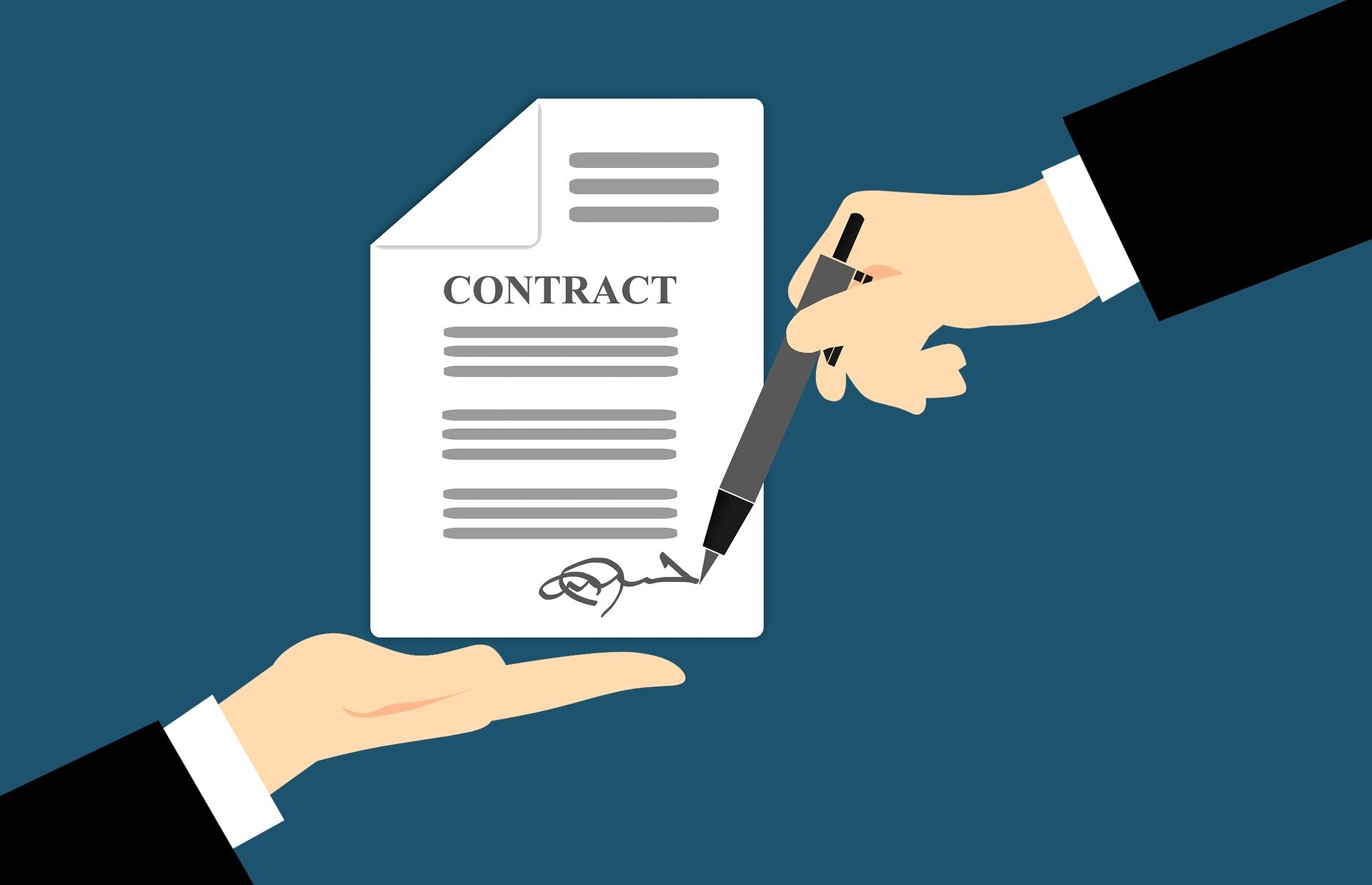When resolving disputes and contractual issues with business partners or clients, the process is approached with a focus on collaboration and understanding. ~ Viraj Lele, Industrial Engineer, DHL Supply Chain
To help you navigate through disputes and contractual issues legally, we reached out to business leaders and legal professionals for their best advice. From prioritizing communication and mediation to employing negotiated rule-making for resolution, here are the top eight tips these experts shared on how to approach and resolve such challenges.
- Prioritize Communication and Mediation
- Review Contracts and Seek Mediation
- Understand Perspectives and Renegotiate Terms
- Consult Industry Experts for Clarity
- Draft Clear Contracts and Consult Attorneys
- Stick to Facts in Negotiations
- Seek Win-Win Solutions and Preserve Relationships
- Employ Negotiated Rulemaking for Resolution
Prioritize Communication and Mediation
Legally resolving disputes and contractual issues with business partners or clients requires a deliberate and proactive approach. Before resorting to litigation, the key is to prioritize open communication, seek common ground, and explore alternative solutions.
As the initial course of action, negotiation or mediation is an essential tip. This strategy allows both parties to express their concerns, identify underlying interests, and work towards a resolution that is acceptable to both parties. Mediation is particularly effective in maintaining business relationships while addressing the dispute at hand. A major supply chain issue that affected a key client’s operations was a difficult dispute.
We first tried mediation. We identified the core causes of the problem and collaborated on a solution that protected both parties’ interests through productive communication and a trained mediator. This addressed the dispute and strengthened our collaboration, making it more trusting and cooperative.
Michael Callahan, Founder and Director, The Callahan Law Firm
Review Contracts and Seek Mediation
Resolving disputes and contractual issues requires reviewing the contract, gathering evidence, and maintaining open communication. If direct negotiation fails, consider mediation and legal advice. Document everything. A web-development company and an e-commerce startup settled their dispute through mediation and negotiation, ensuring successful project completion. Seek early legal counsel to protect interests.
An example I encountered involved a web-development company and an e-commerce startup embroiled in a disagreement over a project’s scope and delays. Both parties engaged in open discussions, but ultimately, a professional mediator was brought in to help facilitate the process. Afterward, the companies’ respective attorneys guided them through a negotiation that resulted in a mutually acceptable settlement, enabling the project’s successful completion.
It is essential to remember that every dispute is unique, and the resolution strategy may vary.
Thomas Gallivan, Attorney, Law Offices of Thomas L. Gallivan, PLLC
Understand Perspectives and Renegotiate Terms
An important first step in resolving any disagreement or breach of contract is to start talking to each other honestly.
To begin, read the contract carefully and note any potential points of disagreement. Reach out to the business partner or client for a chat, attempting to grasp their point of view and issues. By actively listening to their perspectives and recognizing them, you can establish the groundwork for a constructive resolution. For example, I led a meeting between the client and the development team when plan changes caused a software development project to be late.
By discussing the client’s worries about late deliveries and unexpected complications, the project’s dynamic nature was better understood by all. They could save the relationship by renegotiating the terms of the project’s timetable and scope.
Tim Allen, Director, Oberheiden P.C.
Consult Industry Experts for Clarity
Bringing in industry experts, who are impartial parties, can provide unbiased views, assisting both sides in understanding complicated technical or operational factors that may contribute to the dispute.
Consultation with a medical-equipment professional, for instance, gave objective clarity, allowing for a settlement based on precise technical knowledge, in a healthcare partnership struggling with differences over equipment specifications.
Bruce Mohr, Vice-President, Fair Credit
Draft Clear Contracts and Consult Attorneys
It is critical to have well-drafted contracts that clearly describe rights, responsibilities, and conflict resolution processes. The appropriate course of action in the event of a dispute might be determined after consulting with attorneys who specialize in contract and industry law.
For instance, in a case where an advertising firm and a client were at odds about how to measure the success of a campaign, lawyers examined the contract and pointed out any unclear language. The parties could come to an agreement that prioritized the success of the campaign as a whole by defining the success metrics more precisely and modifying their expectations accordingly.
Cindi Keller, Communications Coordinator, The Criminal Defense Firm
Stick to Facts in Negotiations
When sorting out disputes, our primary focus is to stick to the facts and avoid getting all emotional during negotiations. For instance, there was this tricky situation with a big client claiming we didn’t deliver critical medical supplies on time, which could have harmed patients. Instead of getting all defensive and worked up, we took a step back and carefully reviewed our internal processes, delivery records, and communications.
It turned out there was an unexpected logistics delay that caused the whole mess. During the negotiations, we were transparent and presented all the hard evidence. We also offered up a solid action plan to make sure it wouldn’t happen again in the future. Keeping it all objective and based on truth helped us regain the client’s trust. It also saved the relationship and made us look better in the industry.
Normand Chevrette, President and CEO, CME Corp.
Seek Win-Win Solutions and Preserve Relationships

When resolving disputes and contractual issues with business partners or clients, the process is approached with a focus on collaboration and understanding. Communication is key, and maintaining open dialogue to identify the root cause of the dispute is strived for.
One tip for successful resolution is seeking a win-win solution that addresses both parties’ interests. This approach fosters goodwill and preserves the business relationship.
In a challenging dispute with a key client, disagreements over project timelines and deliverables were encountered. Through transparent communication and a willingness to compromise, expectations were redefined, the contract was adjusted, and trust was restored.
By adopting a cooperative approach and prioritizing fairness, the dispute was resolved amicably, preserving the business relationship and enhancing client satisfaction.
Viraj Lele, Industrial Engineer, DHL Supply Chain
Employ Negotiated Rule-making for Resolution
In my role, I’ve encountered various disputes, but one that stands out involved a major client disagreement over service delivery timelines. My unique approach was to engage in “negotiated rule-making,” a less conventional but effective legal tool.
Rather than resorting to courts, we assembled a group comprising representatives from our team and the client’s. We co-developed a set of rules to govern our partnership, creating shared ownership and understanding. The challenging dispute, initially threatening our relationship, ended up fortifying our bond. My advice is that sometimes, legal resolutions can be creative and collaborative, rather than combative.
Haya Subhan, General Manager, First Aid at Work Course


Join the conversation!